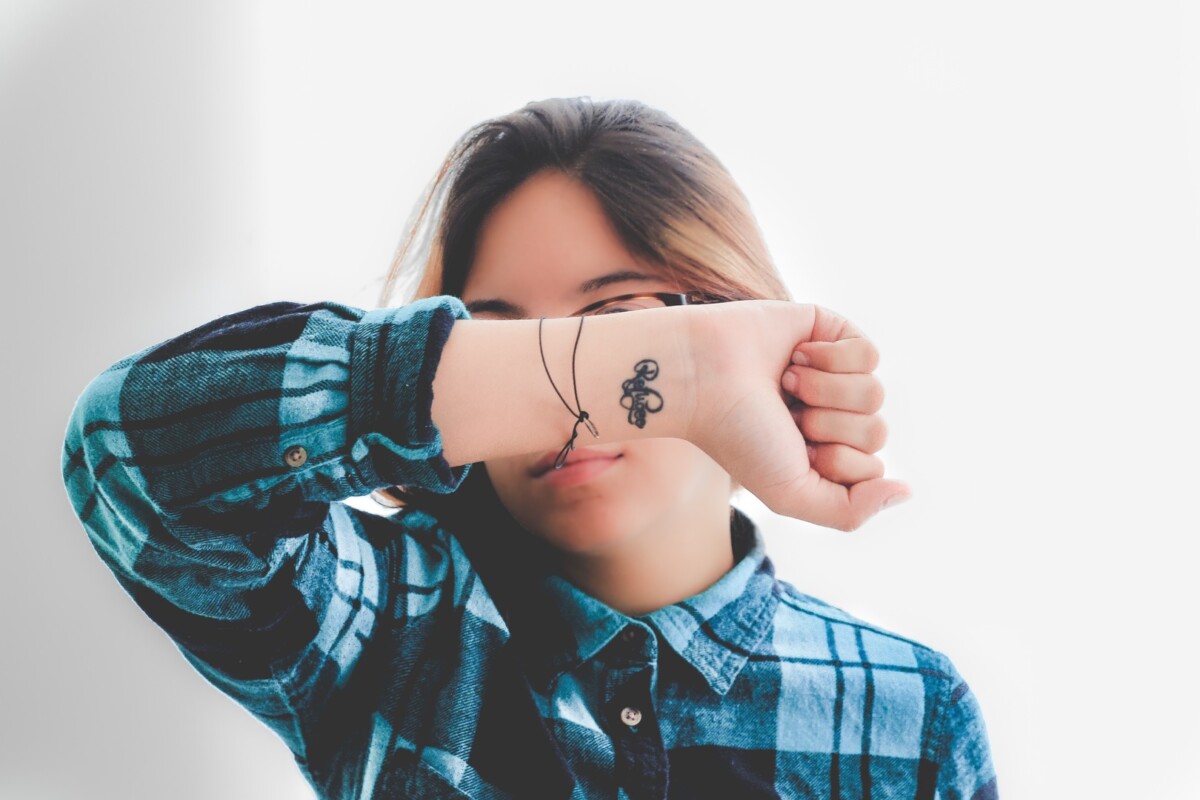In the world of art and self-expression, tattoos are more than just inked designs; they are declarations of personal narratives. Stories written on skin are eternal symbols of moments, beliefs, and passions. And as their popularity surges among various age groups, a debate ensues: should teenagers join the ranks of the tattooed?
Why Tattoos Are Attractive to Teens
Tattoos, to different people, represent different emotions and reasons. For teenagers, they often stand as:
- Rebellion: A tattoo is not just an adornment but a statement. For many teens, it symbolizes defying societal expectations and defining personal boundaries.
- Identity: Adolescence is a phase of exploration. Tattoos can reflect a teen’s evolving identity, crystallizing their feelings, beliefs, and affiliations.
- Artistic Expression: The human body can be a canvas. And for some teens, tattoos are a form of art, a personal gallery of their aesthetic appreciation.
- Memorial: Some tattoos are more profound than others, memorializing moments, people, or lessons learned.
Health Implications of Tattoos
Modern tattooing techniques have certainly become safer. However, potential risks linger:
- Infections: A non-hygienic environment or equipment can introduce infections. Emphasizing the importance of choosing reputable tattoo studios ensures anyone to get the best tattoo in Canggu.
- Allergic reactions: Different people react differently to tattoo inks. Some might experience allergies or skin irritations.
- Scarring: The art of tattooing involves piercing the skin, which can sometimes result in scarring, especially for sensitive skin.
- MRI complications: Certain tattoo inks might react during MRI scans, causing discomfort or interference.


The Impact on Identity and Growth
Teenage years are transformative. Values shift, beliefs mature, and interests diversify. A tattoo, symbolic at 17, might lose its relevance at 27. The permanence of tattoos juxtaposed against the evolving nature of adolescence can be a concern. While tattoo removal is an option, it can sometimes be foolproof and can be costly and painful.
Long-term Implications of Tattoos
As progressive as the modern world claims to be, biases remain. In several professional environments, visible tattoos might still draw judgment. Depending on the workplace’s culture, they can be perceived as unprofessional or even taboo. Moreover, the emotional implications of tattoos cannot be overlooked. The thrill of getting a tattoo might wane, replaced by regret, especially if chosen impulsively.
The Cultural Perspective
Tattoos have ancient roots. Their significance varies across cultures. While tribal communities used them as identity markers, in other societies, they represented rites of passage or even served as protective charms. Delving into these histories enriches the tapestry of tattoo narratives and provides insight into their timeless allure.
The Legal Framework
Laws and regulations often serve as society’s pulse, reflecting collective sentiments. Legal age restrictions on tattoos in various countries underscore societal concerns. While some regions might permit tattoos for minors with parental consent, others have strict age boundaries, usually 18.
The Decision to Ink or Not
While the debate on teenagers getting tattoos is layered and multifaceted, it ultimately boils down to personal choice. It’s essential for both teenagers and guardians to be well-informed, weighing the pros and cons. Beyond societal perceptions, understanding the emotional, physical, and psychological implications is crucial.
Regardless of age, the decision to get a tattoo should be marked by informed choices and personal convictions rather than impulses or peer pressures. After all, tattoos might be skin deep, but their implications run profound.
